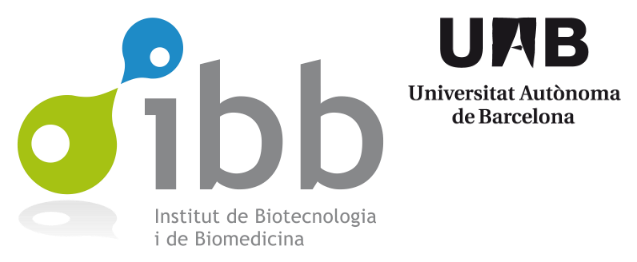
https://doi.org/10.1007/s11274-020-02875-6
Abstract
The resistance of microorganisms to heavy metals in polluted environments is mediated by genetically determined mechanisms. One such mechanism includes the intracellular sequestration of heavy metals in polyphosphate (polyP) inclusions. In Cr(III) contaminated mediums, Ochrobactrum anthropi DE2010 is able to bind and sequester Cr(III) in polyP inclusions. In order to further study the relationship between Cr(III) tolerance and polyP production in O. anthropi DE2010, we carried out whole genomic sequencing, analysis of single nucleotide polymorphisms (SNPs), polyP chemical quantification, and determination of the relative abundance and morphometry of polyP inclusions. In the O. anthropi DE2010 genome, six polyP and pyrophosphate (PPi) metabolic genes were found. Furthermore, genomic analysis via SNPs calling revealed that O. anthropi ATCC49188 and DE2010 strains had average variations of 1.51% in their whole genome sequences and 1.35% variation associated with the principal polyP metabolic gene cluster. In addition, the accumulation of polyP in the DE2010 strain and number of polyP inclusions found were directly correlated with the concentration of Cr(III) in contaminated cultures. The results presented in this study may enhance the understanding of polyP production in response to Cr(III) toxicity in the O. anthropi DE2010 strain. This knowledge may facilitate the successful removal of Cr(III) from the natural environment.
